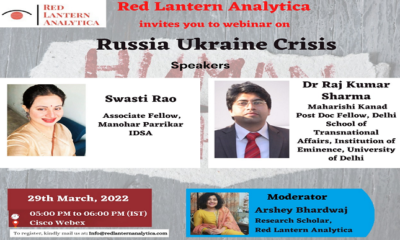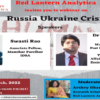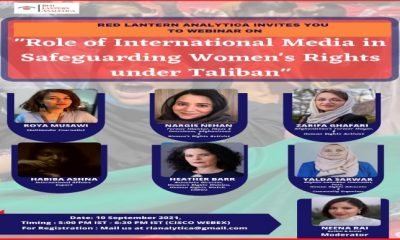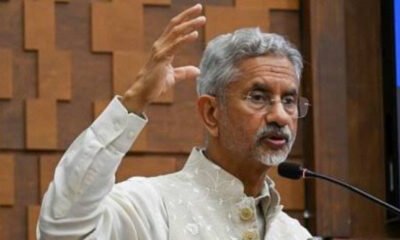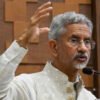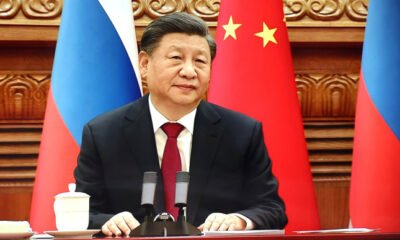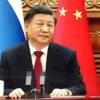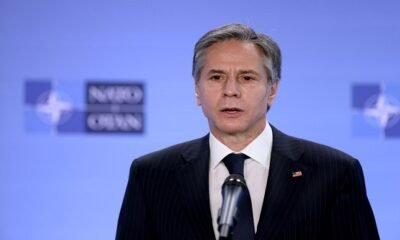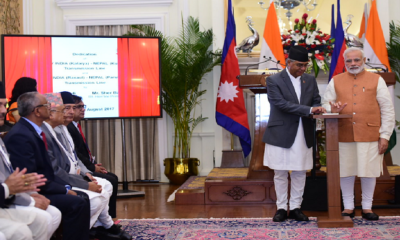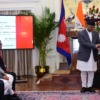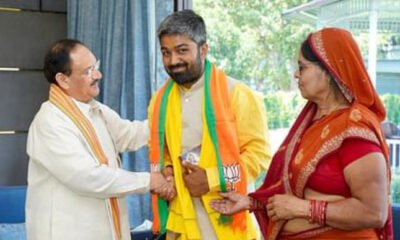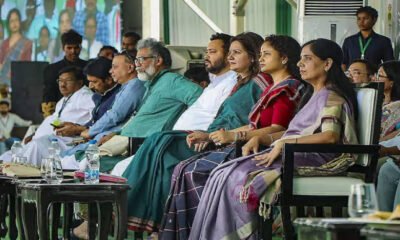International
RED LANTERN ANALYTICA EXPERT PANEL WEBINAR ON “INDO-GREEK COOPERATION: COUNTERING THE TURKEY-PAKISTAN NEXUS”
New Delhi. The recent report of Pakistan transferring nuclear missile technology to Turkey sent shockwaves around the globe. Concurrently, it exposed the nexus between Ankara and Islamabad, which in turn has far-reaching ramifications for regional stability and security. The growing threat of terrorism as a result of this nexus is of serious concern to India and Greece. As a result of this, both nations have been looking towards deepening their strategic partnership as a way to counter Turkey and Pakistan’s sinister designs in the region.
To provoke thought and learning on the same issue, Red Lantern Analytica, on January 22, 2021, organized an Expert Panel Webinar titled “Indo-Greek Cooperation: Countering the Turkey-Pakistan Nexus”. The Panel included Mr. Andreas Mountzouroulias (Editor-in-Chief, Pentapostagma, Greece), Dr. John M. Nomikos (Director, RIEAS, Greece), Mr. Emmanouil Fragkos (Member of European Parliament), Mrs. Sonam Mahajan (Geopolitical Analyst), and Dr. Vandana Mishra (Assistant Professor, JNU SIS). The discussion was moderated by Dr. Gaurav Tyagi (Assistant Professor, JNU).
The Founder of Red Lantern Analytica, Mr. Abhishek Ranjan, opened the webinar by introducing the topic and our moderator, Dr. Gaurav Tyagi (Assistant Professor, JNU). Dr. Tyagi opened the discussion by stressing the need to discuss the issue at hand, given its propensity to harm regional security.
The first speaker of the discussion, Mr. Andreas Mountzouroulias, while making his opening remarks, called for an Indo-Greek alliance in the wake of Turkey supplying nuclear missile technology to Pakistan. He argued that to counter this alliance, India and Greece should consider joint production of weapons. While pointing out the dynamics of this nexus, Mr. Andreas highlighted Ankara’s support for Pakistani terrorism in Jammu and Kashmir; Turkey’s interference in Greece; and Turkey’s actions to lure Indian students into terrorism via scholarships and NGOs. In closing, he urged India and Greece to formulate a new dogma of cooperation that could counter the Turkish President’s Caliphate dreams, which pose a threat to the entire world.
Dr. Vandana Mishra referred to the recent beheading of a teacher in Paris as the watershed moment that expanded the divide between Turkey and France. By mentioning this incident, Dr. Mishra further highlighted the Turkey-Pakistan-China nexus that has led to Ankara going against European Union and the United States. She pointed out that despite both Turkey and Pakistan being Islamic nations, neither of them have stood up to China for their ethnic cleansing of Uyghurs. Dr. Mishra then went on to underline the room available for an Indo-Greek alliance based on cultural exchanges of varied kinds. She stated that such an alliance can become the foundation for a deeper strategic partnership because it is “a partnership of principles”.
Honorable Mr. Emmanouil Fragkos, started by underscoring the religious intolerance against minorities at the behest of Turkey and Pakistan. By referring to various such incidents of religion-based violence, Mr. Fragkos accentuated Turkey’s disputes with countries like Greece, Cyprus, Armenia, and Syria. Calling Turkey and Pakistan fanatic regimes, he argues that such countries should not possess nuclear weapons as they pose a threat to world peace. In this regard, Mr. Fragkos highlighted his own efforts to create a lobby against Turkey’s nuclear ambitions. He further stated that Erdogan’s Caliphate Dreams won’t materialize because of three reasons- Turkey having reached its maximum; loss of allies in the Arab world; and the possibility of Kurds being in majority by 2050. In closing, Mr. Fragkos observed that Turkey is investing in the radicalization of Indian Muslims for the benefit of Pakistan, which should ring alarm bells.
Professor John Nomikos unfurled his remarks by underpinning that the Turkey-Pakistan nexus is an immediate terrorist threat to both India and Greece. He stated that Turkish, Pakistani, and Chinese intelligence are working together to destabilize Jammu and Kashmir as well as Greece. As the Biden administration takes over, Professor Nomikos called for an enhanced role for the European community and the United States to stop Turkey’s nuclear dreams. While highlighting various platforms of bilateral cooperation between India and Greece, he asserted that “India must be there in the Mediterranean” to counter this nexus.
Mrs. Sonam Mahajan opined that while she’s not surprised by the growing Turkey-Pakistan nexus, the leaders of both nations are possessed with a diseased idea of expansionism. With Turkey undertaking drilling and hydrocarbon projects in the Mediterranean, India, and Greece should take on a more enhanced approach along with the European Union, she said. She further argued that both Turkey and Pakistan are using religion as a means to fuel terrorism in India and that it offers India an opportunity to ally with Turkey’s foes. Mrs. Mahajan closed her speech by stating that she’s hopeful of the Indian government’s actions to tame Turkey and Pakistan through deeper cooperation with regional partners.
The remarks were followed by Dr. Gaurav Tyagi undertaking a Q&A Session, in which questions on various dimensions of the topic were posed by our audience to the panelists. These questions included, but were not limited to, sources of financing for Turkey and Pakistan; China’s role in the Turkey-Pakistan nexus; the role of forums like QUAD, FATF, etc. in countering the nexus; the role of Indian diaspora in Greece and the United States to create stronger bilateral ties; and possible alliances for both India and Greece.
The webinar closed with a vote of thanks delivered by Mr. Paul Antonopoulos (Bureau Chief, Greek City Times). While thanking all the panelists for their thought-provoking remarks, Mr. Antonopoulos reiterated the 2300 years long Indo-Greek legacy which has stood the test of time, and that this webinar is a testament of the same. He suggested that deeper relations in the fields of education, technology, and most importantly, security, is the need of the hour in wake of Erdogan’s Ottoman Dreams. Declaring the recent agreement of Turkey, Pakistan, and Azerbaijan as a collective threat, Mr. Antonopoulos propounded the inclusion of Cypriots and Armenians in our future discussions to strengthen regional security architecture.







